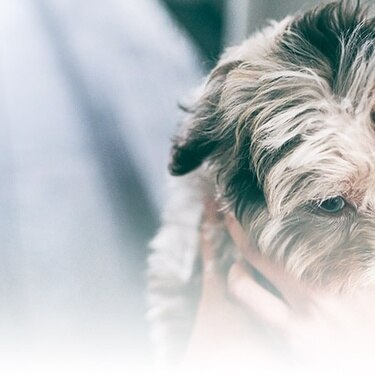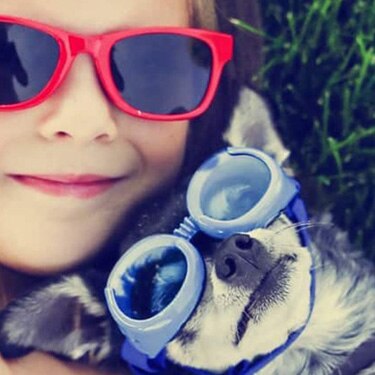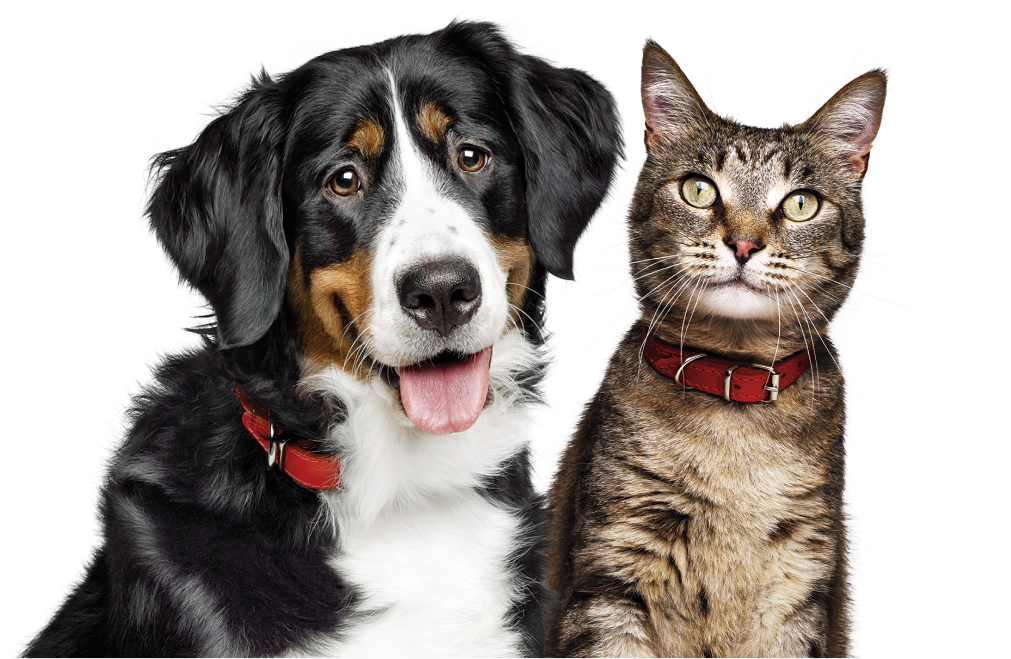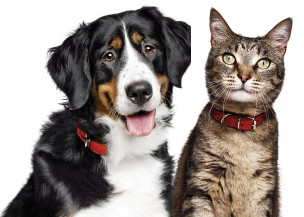About
Bassets are very heavy-boned dogs with a large body on fairly short legs. Because they are bulky bassets are slow maturing dogs often not reaching full size until two years old. Bassets are immediately recognisable by their short, crooked legs, their long hanging ears and their large heads with hanging lips, sad expressive eyes, and wrinkled foreheads. The tail curves up and is carried somewhat gaily. The body is long and with the short legs gives bassets a rectangular appearance. The basset has a nice short, tight coat, with no long hair on legs or tail. Colours most commonly seen are tricolour or red and white but any hound colour is acceptable.|
Personality
The basset hound is a friendly, easygoing dog. Originally hunting in packs, they tend to be good with other dogs and other pets in general. Bassets are people oriented and get along well with children. Fairly smart dogs, bassets are not easy to train as they are somewhat stubborn. A firm, patient hand with plenty of creativity is required to bring out the best in them. Bassets can be serious barkers and with their sturdy feet and nails they tend to be diggers. The hunting urge is still quite strong and if not safely confined they will go off hunting on their own.
What to Expect
Basset hounds need a firm person in charge of their feeding as they have a definite tendency to become obese, which can cause serious problems with their long backs. Bassets are not high-powered athletes who need to run every day, but they should have a good long walk at least once daily to keep them fit. Most bassets live to 12 or 13 years.Having developed as pack animals, basset hounds do feel a need for company and are happiest when they have their families around. They are not great watchdogs. Although they may bark, they then greet strangers happily. The loose lips lead to a fair amount of drooling and many owners keep towels strategically placed around the house for clean-up. Bassets left alone to their own devices can easily become nuisance barkers or diggers. Bassets are fairly intelligent dogs, but they are not the easiest to train. Start training right off with puppies and do plenty of positive training to keep them interested. They enjoy tracking and hunting, even if only as a casual pastime. Grooming is fairly quick and easy and involves just a swipe with a brush once or twice a week. In between groomings, the basset may track a great deal of mud or dirt into the house because of their low stature and big feet.
History
The basset hound comes from as far back as the 1500s when the pre-revolutionary French were using low slung, heavy-bodied hounds to trail rabbits. The word "bas" is French for "low" befitting the basset hound's stature. A number of the short, bow legged French hunting dogs and the basset hound we recognise today were fine-tuned in England in the 1800s. With the exception of height and leg conformation, they are similar to the St. Hubert's hound.Bassets were selected not only for their outstanding scenting skills, but also because hunters could keep up with the slow-paced dogs. They not only hunted rabbits and hares, but were also sometimes used to track larger wounded game.
In the United States, the basset quickly moved on from hunting dog to family pet. Familiarised to the public by cartoons, such as "Fred Basset," and in commercials, such as Hush Puppies™ shoes, the basset hound is now primarily a companion dog.
In the United States, the basset quickly moved on from hunting dog to family pet. Familiarised to the public by cartoons, such as "Fred Basset," and in commercials, such as Hush Puppies™ shoes, the basset hound is now primarily a companion dog.
Adopt a pet. Change a life.
Are you prepared to adopt a pet? Use these tools to make sure you are ready for the commitment.
Adopt a pet. Change a life.
Are you prepared to adopt a pet? Use these tools to make sure you are ready for the commitment.






















